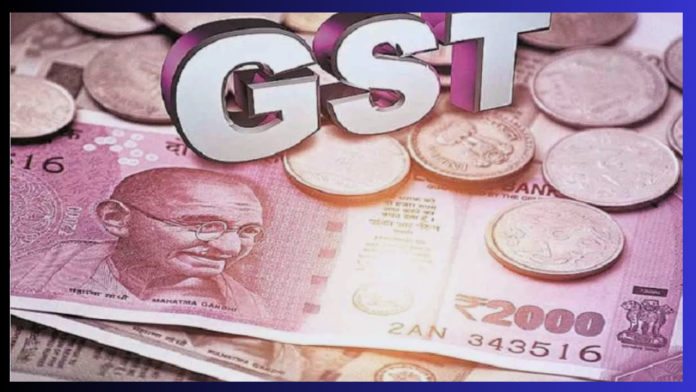The government has given an important update for the traders paying GST. If you also pay GST, then know the new rules properly. Let us tell you what are the new rules.
The GST Network (GSTN) has said that businesses with a turnover of Rs 100 crore and above will have to upload their electronic invoices on the IRP within seven days of issue of the invoice from May 1. Currently Invoice Registration Portal (IRP) allows uploading of invoices of any date.
In an advisory issued to taxpayers, the GST Network (GSTN) said the government has decided to impose a time limit on reporting of old invoices on the IRP portal for taxpayers with an annual turnover of more than or equal to Rs 100 crore.
Invoices will have to be uploaded within the stipulated time
GSTN has issued an update regarding the new rules saying that this category of taxpayers will not be allowed to report invoices older than 7 days on the date of reporting. However, taxpayers will not have to do this immediately. For this they will be given full time.
The new format will be implemented from May 1, 2023. Let us tell you that this restriction will be applicable on the invoice. There will be no time restriction on reporting of Debit/Credit Notes.
How will this system work
Giving an example, GSTN said that if the date of an invoice is April 1, 2023, it cannot be reported after April 8, 2023. The auto verification system built into the Invoice Registration Portal will block the user from reporting the invoice after a 7-day period. Therefore, it is necessary for taxpayers to ensure that they report the invoices within the 7-day period provided by the new deadline.
Why this change happened
As per GST law, businesses cannot avail Input Tax Credit (ITC) if invoices are not uploaded on IRP. AMRG & Associates Senior Partner Rajat Mohan said this technological change will help prevent backdating of e-invoices by large companies.
After successfully implementing it for large taxpayers, the government will implement it for all taxpayers in a phased manner. Currently businesses with a turnover of Rs 10 crore and above are required to generate electronic invoices for all B2B transactions.
E-challan is mandatory
Under the Goods and Services Tax (GST) law, e-invoicing was made mandatory for business-to-business (B2B) transactions for companies with a turnover of more than Rs 500 crore from October 1, 2020, which later 100 crore was extended to those with turnover.

